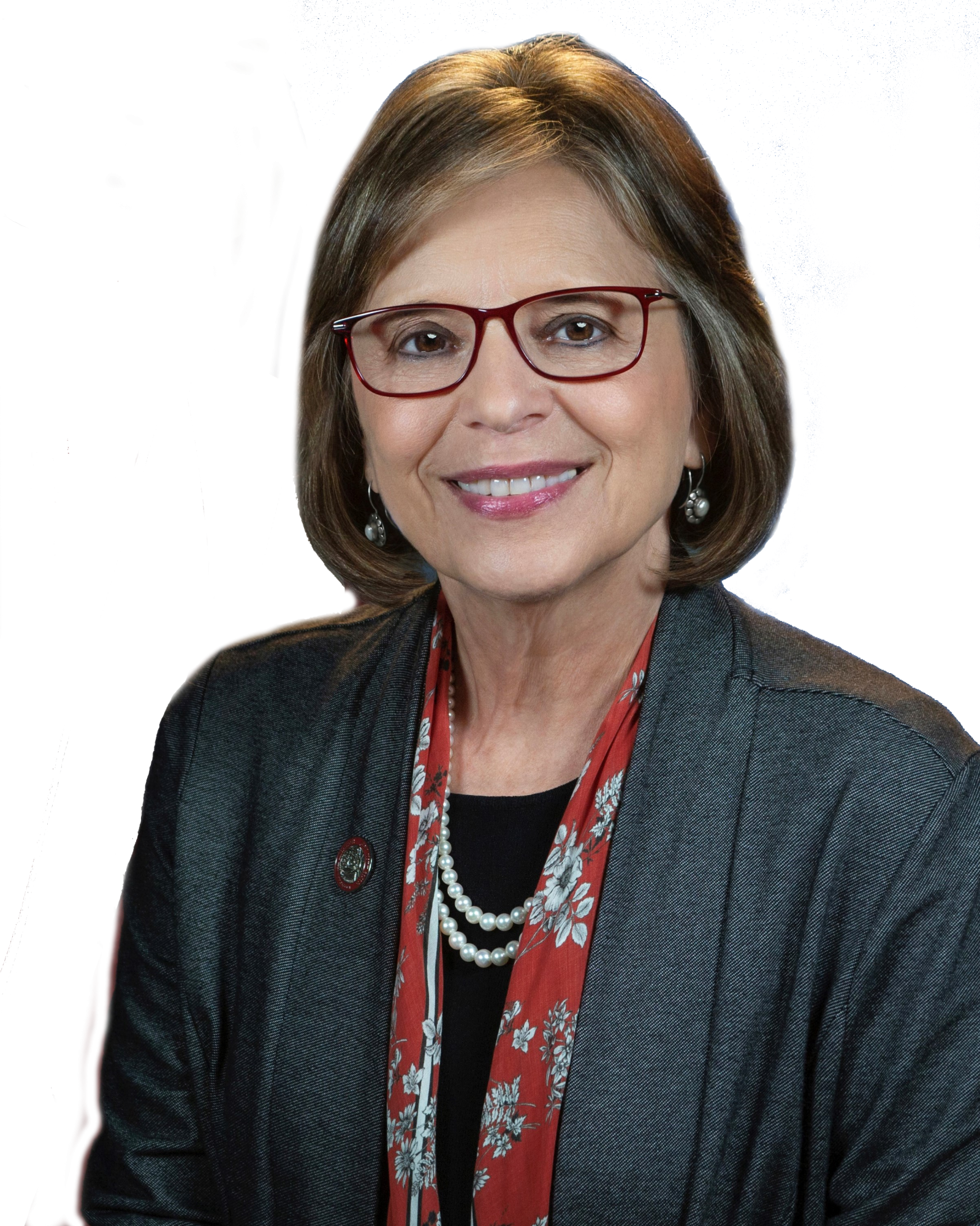Assemblymembers Listen to Two Dozen Stakeholders at Hearing
Witnesses testified about support for small & medium-sized farms
Albany, NY – Last week, the NYS Assembly held a budget hearing sponsored by the Agriculture and Small Business Committees, along with the Food, Farm and Nutrition Policy Task Force and several Sub-Committees. Over two dozen stakeholders addressed ways the state can better assist small and medium-sized farms.
Testimony was provided by Ag & Markets Commissioner Richard Ball, American Farmland Trust, Black Farmers United Fund, Cornell University’s College of Agriculture and Life Sciences and Veterinary School, Farm Credit East, Farm School NYC, Food for the Spirit, Mohawk Valley Edge, Northeast Organic Farming Association, NY Farm Bureau, NY Farm Viability Institute, and representatives of the craft beverage industry.
Assemblywoman Donna Lupardo, Chair of the Assembly Agriculture and Food Committee said, “These hearings are very helpful as we begin discussions about next year’s budget. While the pandemic highlighted the many vulnerabilities within our food supply chain, it also raised awareness about the need to better support NY’s entire farm economy. I am hoping that the relationships fostered through programs like Nourish NY, and our many farm tours, will help us advance a new vision for NY agriculture. I’d like to thank those who testified and the many colleagues who participated in the hearing.”
Assemblyman Albert Stirpe, Jr., Chair of the Assembly Committee on Small Business said, “This public hearing was a great opportunity to learn more about our local farmers and hear out their concerns. It’s my hope that talks like this will lead to a greater understanding of how these small businesses function so we can provide more specialized state assistance for small- and medium-sized farms.”
Bill Peck, Northeast Dairy Producers Association Member, “The initiative shown by our state legislators to better understand family farms, and the complexity of the industry, is exemplary. The only way to truly understand the business is to immerse oneself in the day-to-day operations and speak with the farmers and farmworkers on the ground. We are proud to have leaders who visit farms to better understand the labor challenges, tight margins we work with every day, and unpredictable weather we face. Additionally, the opportunities to testify and speak with elected officials are critical to the policy making process and its effects on the sustainability of agriculture in New York. We look forward to continuing to work together to ensure there are opportunities for the next generation of farmers, so that local and nutritious milk and food continues to be produced here in the Empire State.”
Brian Reeves, NYS Vegetable Growers Association said, “New York is a progressive state which places an emphasis on protecting all its citizens and thus increases the cost of doing business, including farming.While this approach has an upside, it can be very expensive to comply with all government generated policies.New York legislators must continue to be mindful of the direct and indirect impacts of legislation and work to make New York a better place to farm. I thank Assemblywoman Lupardo for giving the vegetable growers an opportunity to discuss these challenges.”
Judson Reid, Senior Extension Associate, Harvest NY program at Cornell CALS said, “I was honored to contribute to Assemblymember Lupardo’s hearing exploring the impact of state funded Cornell CALS and CCE programs for NY’s farmers.Harvest NY connects NY farm and food products to NY consumers, and we appreciate the state’s investment.We take pride that our efforts have led to improved social Justice metrics for urban farms, increased purchases by local schools of local farm products, and supporting emerging entrepreneurs in the hemp and craft beverage community.”
Karen Washington, Black Farmer’s United Fund said, “As we know, you lose diversity in agriculture because we’ve never taken the time to nourish that seed and diversify that seed. And you know what happens when you continue to grow in the same soil? It gets depleted of nutrients and becomes barren. That’s what’s going to happen to the food movement if we don’t think about planting seeds of diversity, of new young blood, into the food system. Thank you to Assemblywoman Lupardo and the Legislature for giving us the opportunity to speak during the hearing.”
Jeff Williams, NYS Farm Bureau Public Policy Director said, “Farms in New York are well-positioned to provide high quality dairy, fruits, and vegetables and other products to consumers across the state and country.We have access to a sizeable land base, water reserves, and markets across the Eastern seaboard. Despite this, the industry needs investment and economic policies to help compete with other states and countries with more advantageous business environments.New York Farm Bureau thanks Assembly Agriculture Committee Chair Donna Lupardo for the opportunity to discuss these important issues, and we look forward to working with her and her colleagues to make New York's diverse agriculture community even stronger."
Testimony gathered at Tuesday’s hearing will be used by Assemblymembers as they work on the 2022-23 State Budget. The process will begin in earnest when legislators return to session in January with the Governor’s proposed budget being released shortly thereafter.
